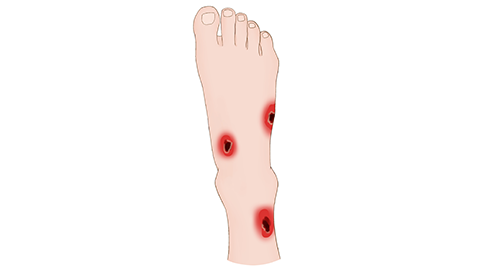Can sepsis leave long-term complications?
In general, whether sepsis leaves long-term complications depends on the severity of the condition and the timeliness of treatment. Patients with mild cases who receive prompt and appropriate treatment typically do not experience lasting effects; however, those with severe illness or delayed treatment may develop long-term complications. A detailed analysis is as follows:

If the sepsis is mild and the patient receives standardized treatment early in the course of the illness, the infection can be effectively controlled, and major organ functions are unlikely to suffer serious damage. With proper recovery over time, most patients can return to normal health without long-term complications. In such cases, it is important for patients to follow medical advice and complete the full course of treatment to prevent recurrent infections.
When sepsis is severe, the infection may spread throughout the body, damaging vital organs such as the heart, lungs, and kidneys, or leading to complications such as suppurative meningitis. Even if the infection is brought under control, some patients may still experience long-term complications including organ dysfunction or neurological impairments, such as hearing loss or motor disabilities.
To promote recovery and reduce the risk of long-term complications in sepsis patients, proper daily care is essential. This includes ensuring adequate nutritional intake to strengthen immunity, maintaining personal hygiene to prevent reinfection, and engaging in appropriate rehabilitation exercises according to the individual's recovery progress, to help gradually restore physical function.







